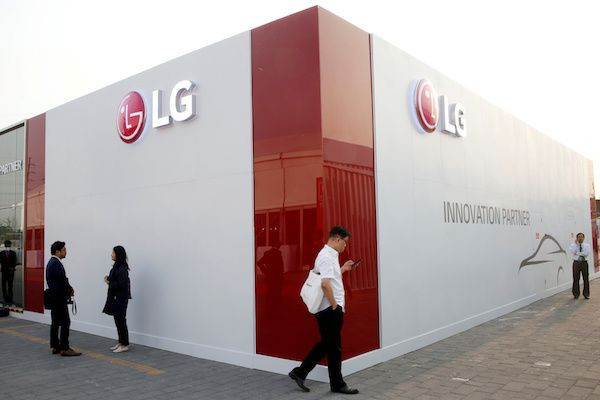LG To Focus On Car Components, Others Amid Struggling Smartphone Business

LG Electronics has revealed that it plans to focus more on research and development projects this year. The company is investing 19 trillion won or US$17 billion for the projects amid its struggling smartphone business.
Korea Herald learned Wednesday that LG is now setting its sights on innovation as it invests on more R&D projects this 2018. The company is apparently planning to develop several next-generation technologies including car components, camera modules, self-driving sensors and plastic organic light-emitting diodes, among others.
This shouldn’t come as a surprise given that LG Vice Chairman Koo Bon-Joon announced during a meeting with CEOs from affiliates last month that the company’s keyword for this year is “R&D.”
“Research and development is a source to prepare for the future and can strengthen business competitiveness. R&D is a precondition for technology expansion and product leadership,” Koo said at the time. “In hard times, we should not be complacent about short-term fruition and should not neglect making investment in R&D.”
In other words, LG is working to improve its profitability by releasing new premium products while also securing revenue from its new technologies that include car parts, robots and artificial intelligence. The move is seen as the company’s way of ensuring its growth this year after making adjustments to the timetable of its smartphone releases.
Early last month, LG announced at CES 2018 that the company will no longer follow its usual schedule for its new smartphone releases. The firm has apparently decided to try a new approach that is not patterned from its competitors’ releases. LG said that by unveiling new smartphones when it is only needed, it can retain a good platform for a long period of time.
Because of the new approach, LG won’t be unveiling a new flagship smartphone at MWC 2018. So instead of the highly anticipated G7, LG will introduce an upgraded version of last year’s V30 phablet at the Barcelona exhibition. The device is called LG V30+‘α’ and it is believed to feature Google Assistant-based AI functions.
Meanwhile, the G6 successor is now expected to launch in April after the mobile chief ordered for a revision of the flagship handset in January. The revision was reportedly ordered by the big bosses at LG after they noticed that the G7 lacked “a strong selling point.”
In its 2017 financial report, LG revealed that its V30 flagship handset and other premium offerings performed well on the market. However, a company representative explained that “due to price rises in smartphone parts and marketing costs for the V30 smartphone, the deficit continued until the fourth quarter.”
© Copyright IBTimes 2025. All rights reserved.




















